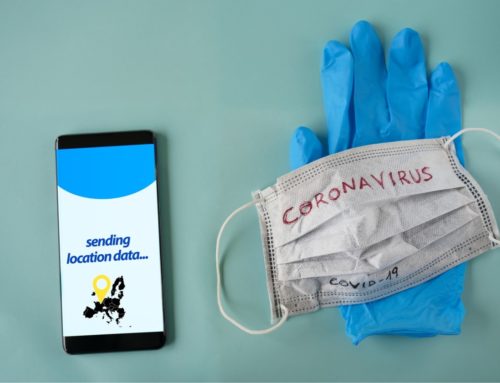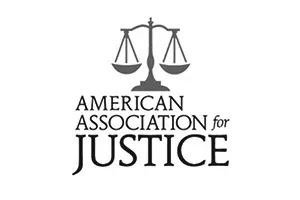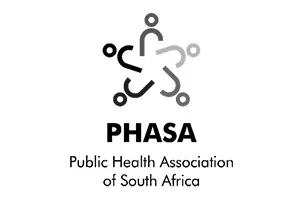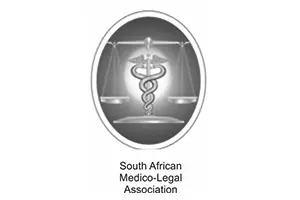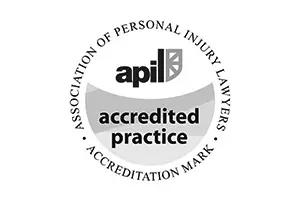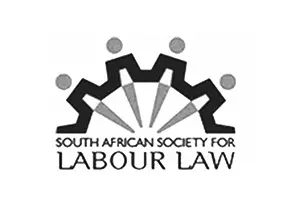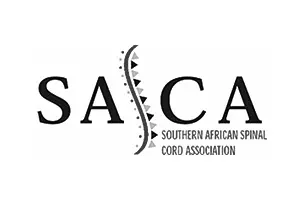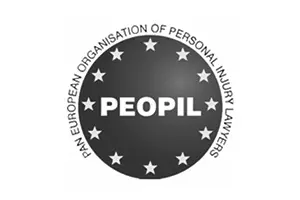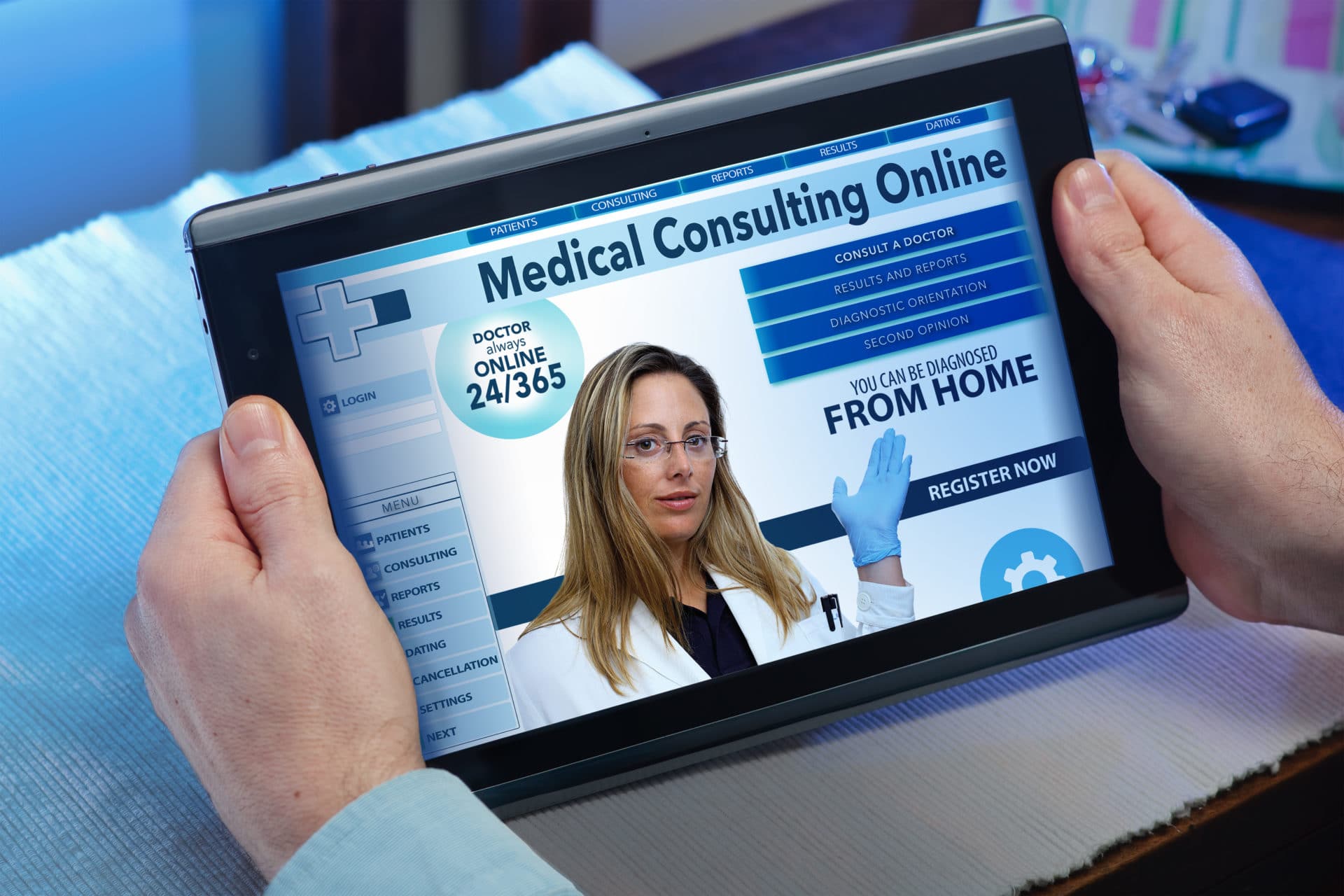
Medical laws associated to the implementation of e-health in South Africa
In an era where the world is ever-changing and more connected than it has ever been thanks to modern technologies, all industries are obliged to tap into the digital sphere, and the medical industry is no exception. This has given rise to the concept of medicine and the internet not being separate entities, but to rather be seen as cohesive units that will be beneficial to society as a whole.
e-health has been defined by the World Health Organisation as “the use of information and communication technologies (ICTs) for health, for example, treat patients, pursue research, educate students, track diseases, and monitor public health.” This definition includes, but is not limited to:
- Routine health management
- Vital registration (the use of computerised systems for registration of death or births)
- Electronic health records
- Consumer health informatics (access to information on health by healthy individuals)
- Health knowledge management (i.e. best practice guidelines managed and accessed electronically)
- mHealth (use of mobile devices to share information or to collect aggregate or patient data)
- Telemedicine (e.g. use of ICTs to provide care at a distance)
- Virtual Healthcare (e.g. teams of professionals working together via ICTs)
- Health Research
–
The concept of e-health is still relatively new in South Africa and has not been fully implemented yet. While complicated and complex, South Africans need to consider the legal aspects surrounding the e-health movement. One of the aspects of e-health that has sparked a lot of debate is the idea of Electronic Health Records. Patient medical records are still a paper collection of records in South Africa. However, the concept of electronic health records and access to medical records has seen an increasing demand from patients to access their medical records electronically. This gives rise to the question of whether patients have the right to manage and access their medical records even though their medical records are not owned by them, but the institution that created them.
Furthermore, with the introduction of Electronic Health Records (EHR), comes the issue of patient privacy and patient safety. EHR supports patient care in that it increases the accessibility of patient’s medical records between clinicians, healthcare institutions, patients and insurance companies. Medical patients have the right to privacy with regard to their medical information, and when confidential health information is to be made available to others it should be done with the consent and authorization of the patient. If this isn’t done, it would result in a legal issue as the right to privacy would be breached.
Patient safety is also a prominent concern in the wake of the digital health era. Electronic Health Records unlocks the possibilities of technical errors due to system failures and so forth. For example, if a hospital were to experience a EHR system shutdown, it would put all its patients at risk as critical patient information wouldn’t be accessible, which could affect treatment.
While e-health is a great concept that seeks to revolutionise the quality of healthcare, with it comes a lot of ethical considerations that people need to carefully consider as mentioned above. Therefore, legislation and policies need to be put in place to define the rights of individuals to decide what can be done with, and who may access their medical data that has been collected; and to protect patient safety in the digital sphere. This is vital if the implementation of e-health is to be a success.
Learn more about our e-health legal services
We offer various services relating to e-health and medical law both in South Africa and globally.
Contact our offices below for further information.
0861 MLB INC
Johannesburg Office
+27(0) 011 268 6697
Cape Town Office
+27(0) 21 425-5570
The current position on objections to the con/arb process
Con/arb process - The Commission for Conciliation, Mediation[...]
Out of time? Think again – The CCMA and its rules
By Lara Keil (Candidate Legal Practitioner) under the[...]
RAF’s lodgement requirements: Claimants further prejudiced
By Lara Keil (Candidate Legal Practitioner) under[...]



